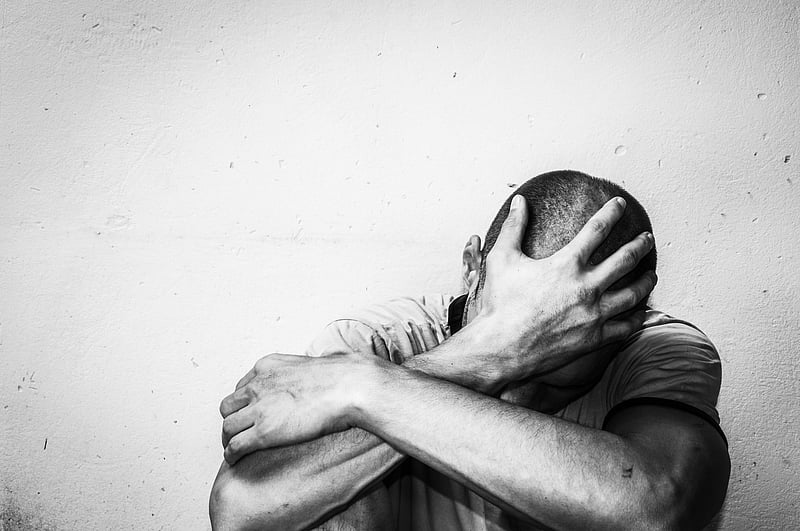Get Healthy!

- Cara Murez
- Posted August 16, 2022
Veterans Often Reluctant to Admit Struggles With Sleep, Addictions
A new study of U.S. military veterans reveals they are more comfortable getting help for physical ills than for mental health issues.
"The majority of participants indicated they would be willing to seek treatment for both physical and mental health problems. However, they reported significantly greater willingness to seek treatment for physical than mental health conditions," said principal investigator Mary Beth Miller. She's an assistant professor of clinical psychiatry at the University of Missouri School of Medicine.
The researchers worked with 334 veterans from 46 states, screening them for 15 medical conditions, including insomnia, alcohol abuse, drug use, post-traumatic stress disorder (PTSD), anxiety and depression.
The research team also rated the importance of treatment for each health condition and the vets' willingness to seek treatment.
Willingness to seek treatment was greatest for chronic pain, chronic medical conditions and brain injuries. Willingness was lowest for alcohol or drug use and sleep disorders, the investigators said.
"We speculate that because sleep and alcohol problems are common, they may be normalized or minimized to the extent that they are no longer viewed as problems -- or at least problems that warrant treatment," Miller said in a university news release.
About 66% of the study participants were men, and 70% identified themselves as a person of color.
Researchers also examined the role of discrimination in seeking treatment for physical or mental health problems. They found that more frequent experiences of discrimination were associated with less willingness to seek treatment.
"Among veterans of color, discriminatory experiences were associated with less willingness to seek treatment, but only among those who denied use of other strategies for coping with stress," Miller noted. "Empowering patients to utilize whatever healthy coping methods they have available may mitigate the negative impact of discriminatory experiences on treatment-seeking."
The findings were published recently in the journal Psychology of Addictive Behaviors.
More information
The National Alliance on Mental Illness has more on veterans and mental health.
SOURCE: University of Missouri-Columbia, news release, Aug. 11, 2022







